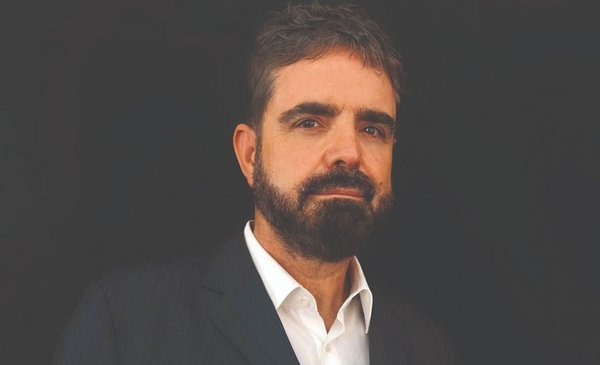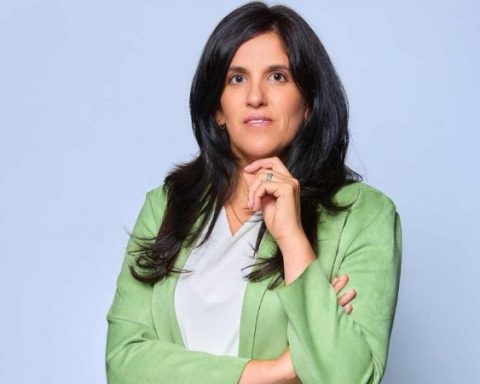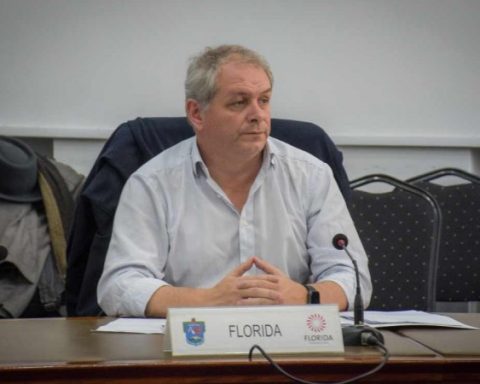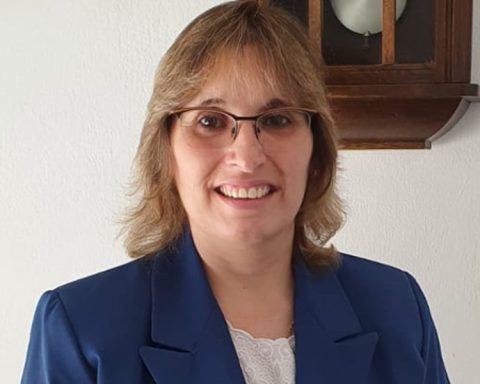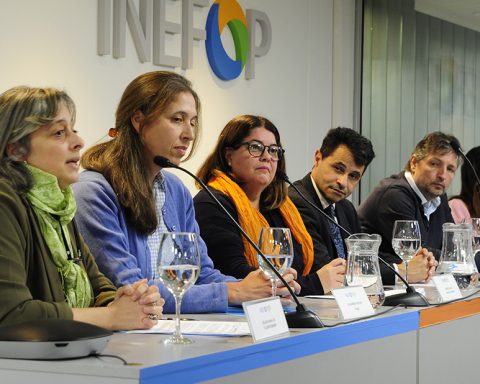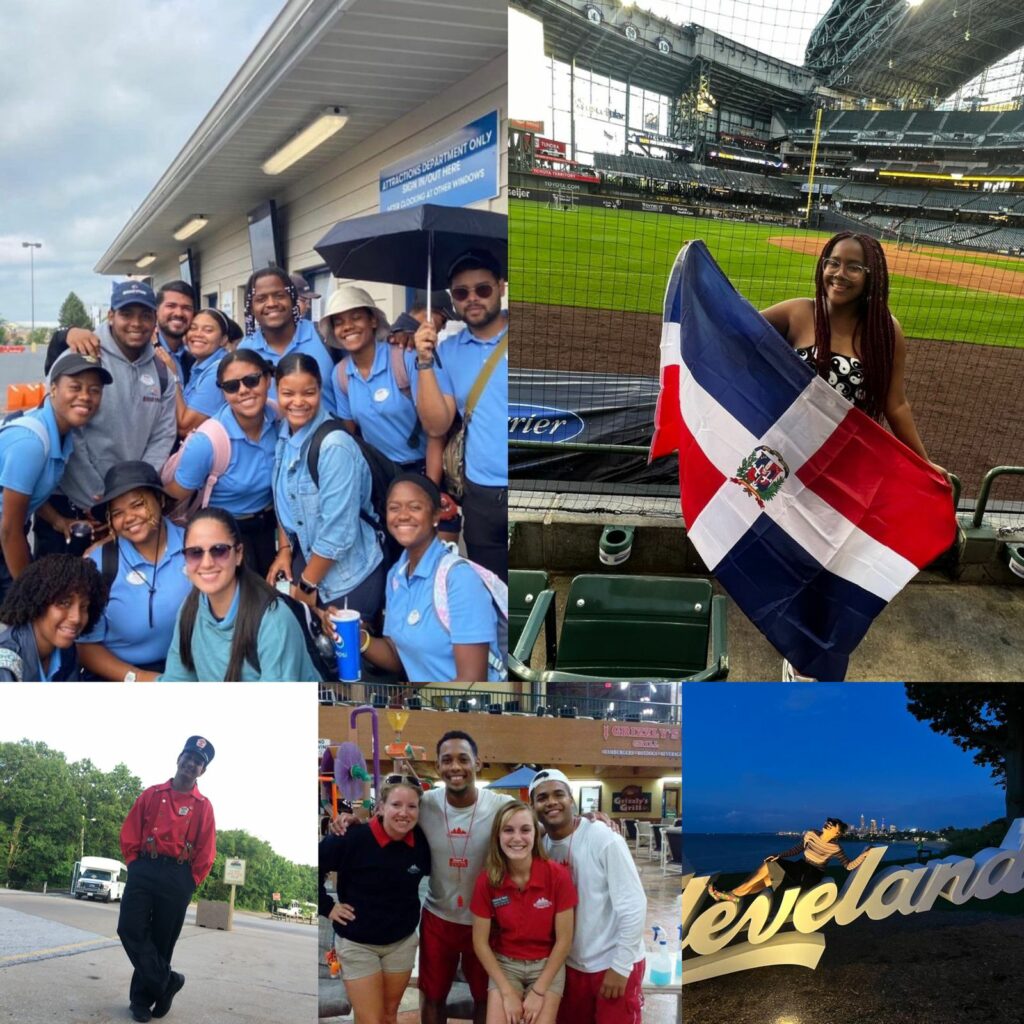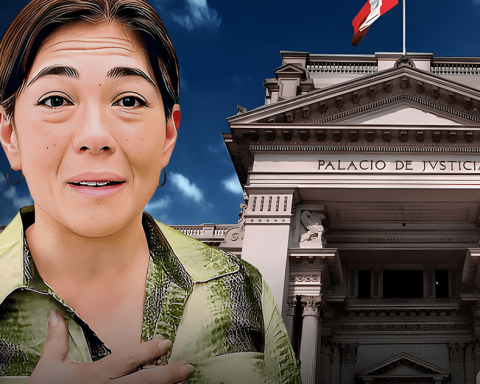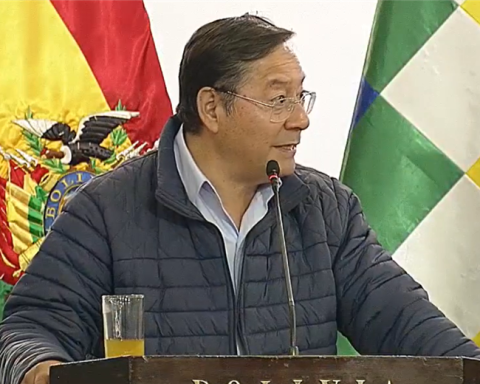While traveling on a motorway in Barcelona, he receives the call. And he does not hesitate to stop, although he may arrive just in time for his next presentation before a panel of businessmen. However, he prefers to take the risk because he is interested in spreading his idea of organizational change in all possible media. Virgino Gallardo is an expert in human resources, specializing in consulting related to change management and innovation, and has become a kind of guru on issues related to transformative leadership and management of management teams.
In his consulting firm (Humannnova), of which he is the managing partner, they consider that “creating sustainable organizations with a future is to destroy the barriers that prevent speed, flexibility and organizational creativity.” The objective expressed on the website calls for the creation of intelligent organizations that lead innovation, for which the current dynamics of corporate social networks, development and training must be observed.
“We need intelligent organizations with the maximum capacity to adapt to the environment”, he says at the beginning of the dialogue with long lights. He adds that the current hierarchical and vertical model in our organizations does not serve to manage the current uncertainty.
It defends the idea that in these dynamics of change many times traditional organizational systems must coexist with others more adapted to transversal and increasingly humane policies.
In some statements of their consultant, they emphasize that despite the need for change in companies and organizations, the traditional bureaucratic organization cannot be erased with a stroke of the pen, but that it is necessary to take into account the review of processes, the training of employees in new skills, or performance optimization. There they use these anglicisms such as reskilling and upskilling. Is that the future?
You are right. Yes it is. We come from an organization that is hierarchical/functional, where you have a boss and you belong to a function area, either finance or production, depending on the company. Is this model going to disappear completely? No. Are you going to stop having bosses? Most likely not. You will continue to have bosses. What is going to happen is that the teams, the network, are going to have more and more importance. That is to say, you will probably continue to have a boss, you will continue to belong to a unit, because it is very difficult for that to disappear in a complex organization (…) but in some way the teams are going to have more importance, and for that reason, if you call those teams tribes instead of networks, that’s fine… You can call them whatever you want, but that’s how the organization of the future will work, with teams becoming increasingly important.
An incipient tendency has been noticed to leave those jobs that do not satisfy you, or those that did not understand that it is necessary to further humanize the treatment with their collaborators. Those organizations that do not understand or are not interested in understanding that one is “one and his circumstance” seem from another era, citing the oft-repeated phrase by Ortega y Gasset. It is often said that modern, smart organizations are those that want to retain their best talent, but to do so they need to understand their circumstances. Is there a dilemma, there?
Man, I don’t see a dilemma. I would say that what I see is that many people try to separate the professional part from the personal part, and it is not easy, it is not easy. I don’t know if it should be considered as a dilemma. Obviously, when you’re at work, well, you’re not with your family, we know that. But you are still you, and your mood is the same. And if your mood isn’t the best, that carries over to work, and if it’s the other way around, work moods carry over to the family. You can’t divide yourself and say “I’m going to be more objective in my work” I don’t know if it should be considered like that.
How should I see it then?
Look, we used to underestimate emotions at work a lot, and that doesn’t make sense. Why? Because nowadays, the better you connect with the people who share the work, the more emotions there are, when more than a professional bond there is an emotional bond, your work is more pleasant. If you are a leader, you can involve people more; if you are a colleague, you will involve your partner more; if you are a collaborator, you will involve your boss more. In other words, emotions are also important at work. It is clear that your colleagues are not your relatives, nor are your children, nor is your boss your father, it is true, which does not mean that the most personal emotions and relationships do not have to be there. Let’s say we have always undervalued that part.
Going back to those neologisms, those terms like reskilling and upskilling, are they terms that are repeated but not fully understood?
We are going to see, indeed, in the current world of work, more and more we are protagonists of our own careers. And being protagonists of our own careers in an increasingly complex world of work, where skills expire faster, the personal relationships that we were talking about before, emotional relationships also impose demands, we are asked to be updated all the time, up to date . Notice that our parents came to work and found a very similar reality year after year and day after day. We know that now everything changes faster, there is more uncertainty, and we have to adapt to live with it.
Being updated and on guard all the time, which in turn, generates new stress, anxiety and other disorders, according to several recent investigations. That, furthermore, materialize in those currents of renunciation to places where one is no longer happy…, is that what you mean?
Of course, and it is that all these kinds of things mean that in some way you have to be, let’s say, equipped, with a kind of concepts, of these new concepts, which may be old but actually appear now, through neologisms. For example: well, I have to try to be more adapted every day –reskilling–, I have to make sure I have a better performance every day –upskilling.
In professional environments that have put a lot of focus there.
Professional environments are increasingly complex. And to be good in those environments, to be able to be – let’s put it this way – “employable”, not even productive, no, no. It’s not even about being the best. Simply to continue being in the labor market, you must self-manage your professional career in a more active way.
And that goes for everyone, regardless of rank or function?
It is that, in the end, what does it matter if you are a senior manager, a manager or a technician? You must self-manage your career there. Somehow we have to own our professional careers and learn to deal with all of that.
Said in those terms, it seems like a race for survival, and there I ask it again: if saving oneself seems to be an individual premise, how can the sense of team be enhanced?
I will relate some of the questions you have asked me, to give you this answer. The acceleration of change, the digitization that is going faster and faster, everything makes it necessary to work in teams, makes organizations have to be more fluid, more changeable. All this makes personal relationships, emotions, take on greater importance, take on even more importance. It is likely that you are no longer in a production chain, but even if you were, more involved professionals will always be needed. Leaders, but also each one of us as professionals, must better channel their relationships, their bond with others and with themselves. This is also emotional intelligence, and it is another of those concepts that must be increasingly incorporated into the world of work so that teams finally work.
In other words, the humanization of organizations is not something that is written in a manual, or a meeting is organized to communicate it and that’s it. It seems to be quite a bit more complex than painting the walls with inspirational messages.
It is much more complex than you think. The humanization of organizations comes from the need to work more and more in a network and in teams.
At this point, the signs on the door of what was traditionally the Personnel office have changed, and we have gone from Human Resources to Human Capital and People. What is behind these name changes? What to do so that it does not remain in a mere change of labels? Does this make organizations smarter and more innovative? Or does it not go there?
The point is interesting. Look, if we talk about organizations that must be more humane, we must address the growing levels of stress and anxiety of its members. The covid, in addition, has left the teaching that we must give more importance to well-being. Based on these changes, sometimes the organization’s policy goes in the direction of changing the names of its areas, Human Resources, resources? Well, at this time it does not seem the most appropriate word. That’s why they move the change to People. But, I would tell you one thing: the big problem with this language is that it has actually been used for 35 years. Humanizing organizations is not a new concept. It’s been 35 years since I’ve really heard “people are the most important”, “let’s treat people like humans”, but then what is the difference between now and 35 years ago, if the language is still so similar?
And what is the difference?
The problem is that now it is more necessary. Above all because of something that I think is logical: organizations do not act out of conviction –at least most of them–, they act out of necessity. Right now, as you say, there are phenomena of people who leave because they don’t want to work in certain circumstances, when it is increasingly difficult to manage people who are not involved. All these types of organizational needs are truncated if there are no motivated, involved people. No matter how much the CEO said it at the Christmas dinner, or the president said it at the shareholders’ convention, or the small businessman said it to his team of collaborators, if people are not involved, there is a tendency to failure.
Are you saying that, just like words, speeches are empty if only a change is proclaimed but no serious work is done for it?
It is that words should not be afraid, because they were beautiful but they were false. Now we are not going to think that companies, by applying isolated concepts, are going to change radically, because people are also people (laughs) and it is difficult for us to change; Consequently, organizations find it difficult to change. But going back to the words, they still sound nice, but many times they are still hollow. However, applying them seriously is something that is now more necessary. It is necessary to retain old talent, people who have accumulated knowledge, even helping them to reinvent themselves in their own work, it is necessary to assume that digital is advancing by leaps and bounds and it is necessary to be in line with that. You cannot allow good professionals to leave, you cannot allow qualified professionals who are unmotivated and are heating up the chair, because it harms you more. That is why now these professionals are more “circulating”. It does not mean that there is a radical change, but there is a progression.
In his consultancy, he promotes modern, intelligent and adaptive organizations. With these tasks, and given the growing phenomenon of remote or hybrid work, how should this modality be incorporated to achieve those purposes?
Hybrid work, remote work, implies a new way of managing people. In principle, hybrid work could be much better than face-to-face work when it comes to creating a good climate. The big problem is in remote work, where it is much more difficult. I think that only some professionals work exactly the same in hybrid work, in remote work or in face-to-face work. So, remote work is very difficult, except for those computer professionals, for example, who are already more used to it. But it will not be in most cases, in most cases the hybrid work will continue, and although this model also implies a new form of management, it presents fewer problems and more advantages, with which I would say that it is much easier for organizations win, as long as management forms are changed.
